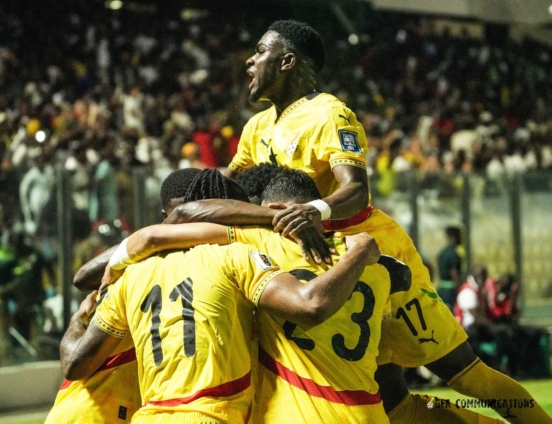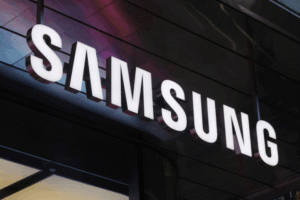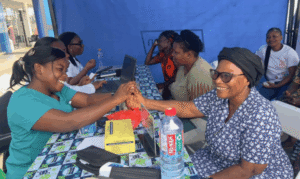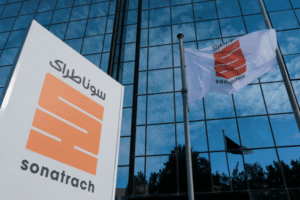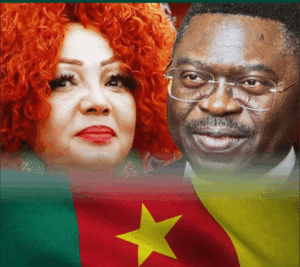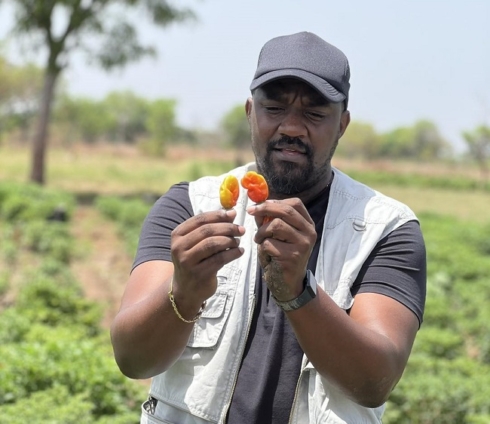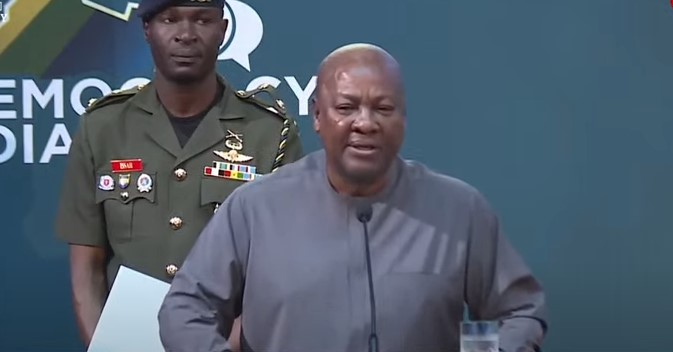Not too long ago, Ghana’s Black Stars were at their lowest ebb, missing out on the Africa Cup of Nations for the first time since 2004 after a painful defeat to Niger in Accra in their final Group F match.
Head coach Otto Addo’s job hung by a thread, with World Cup qualifiers against Chad and Madagascar virtually seen as his last chance.
Fast forward to today, and the mood around the team has shifted completely.
Back-to-back supremely convincing wins have injected belief, and the Black Stars now look imperious.
Their next challenge is a struggling Chad side – in what looks like a major mismatch – and are hoping to further tighten their grip in Group I of the qualifiers.
Ghana’s strong position
Despite a cataclysmic campaign in the AFCON qualifiers, the Black Stars are a totally different animal when it comes to the global showpiece.
A team that went winless in six continental qualifiers, have won four straight matches of the global qualifiers – five wins overall in six matches.
Otto Addo’s men have scored 15 goals, making them the second-highest scorers behind only Algeria (16), averaging 2.5 goals per game.
Defensively, there’s also steady progress as five goals were conceded overall, but none in their last two outings.
The Black Stars, who rank 76th globally and 14th in Africa, have a 67% win rate away from home, triumphing in two of three trips, with the only blemish being the loss to Comoros.
Confidence is soaring, too.
Many players are lighting up their respective clubs, most notably Mohammed Kudus, who already has two assists in three Premier League games for Tottenham Hotspur, and Antoine Semenyo, who has scored two goals and provided an assist for Bournemouth.
Both were also on the scoresheet in Ghana’s last competitive fixtures in March.
In short, this is a side brimming with form, belief, and momentum and their intent is to perpetuate their resurgence while sending ominous signals to the rest of the continent.
Chad’s struggles laid bare
The Central African side have endured a nightmare run in the qualifiers.
After six games, they have lost all six, scoring just once and conceding 15 goals – an average of 2.5 per match.
Defensively, they have let in more than one goal in both of their designated ‘home’ matches, which were played abroad because their venue was not approved.
Offensively, their only goal came courtesy of a back-pass error by Mali defender Hamari Traoré, which they converted “completely against the run of play,” according to the CAF/FIFA commentator.
They are the second-worst team in the qualifiers, behind Seychelles, who have conceded 34 goals and scored two.
To further accentuate their poor form, Chad have not won a competitive fixture in their last 10 outings.
In six AFCON matches during the same period, they lost three and drew three, managing to score just once.
Currently ranked 175th in the world and 48th in Africa by FIFA, Chad remain one of the lowest-ranked football nations on the continent.
They have never qualified for either the AFCON or the World Cup.
In essence, they are the punching bags of Group I and one of the weakest sides in the entire qualifying series.
Analysis
The Black Stars lead Group I with 15 points, three more than Comoros – who face Mali on Matchday 7 -and the aforementioned data bodes well for the West African side.
However, head coach Otto Addo is not getting complacent, warning that it would be the “biggest mistake” to underrate their opponent.
If Comoros lose to Mali, a victory in N’Djamena would give Ghana a real shot in the arm in their quest to reach the 2026 World Cup, opening up a six-point lead at the summit – depending on how other matches pan out- and then a win over Mali on Matchday 8 could seal qualification, which makes Thursday’s game massively crucial.
For Chad, even a single point would represent a significant milestone in a qualification run defined by defeats.
The game will be Chad’s third at home during the qualifiers, and data suggests they face an uphill battle against Ghana.
Kick-off is scheduled for 1 pm local time at the Stade Olympique Maréchal Idriss Déby Itno on September 4.
